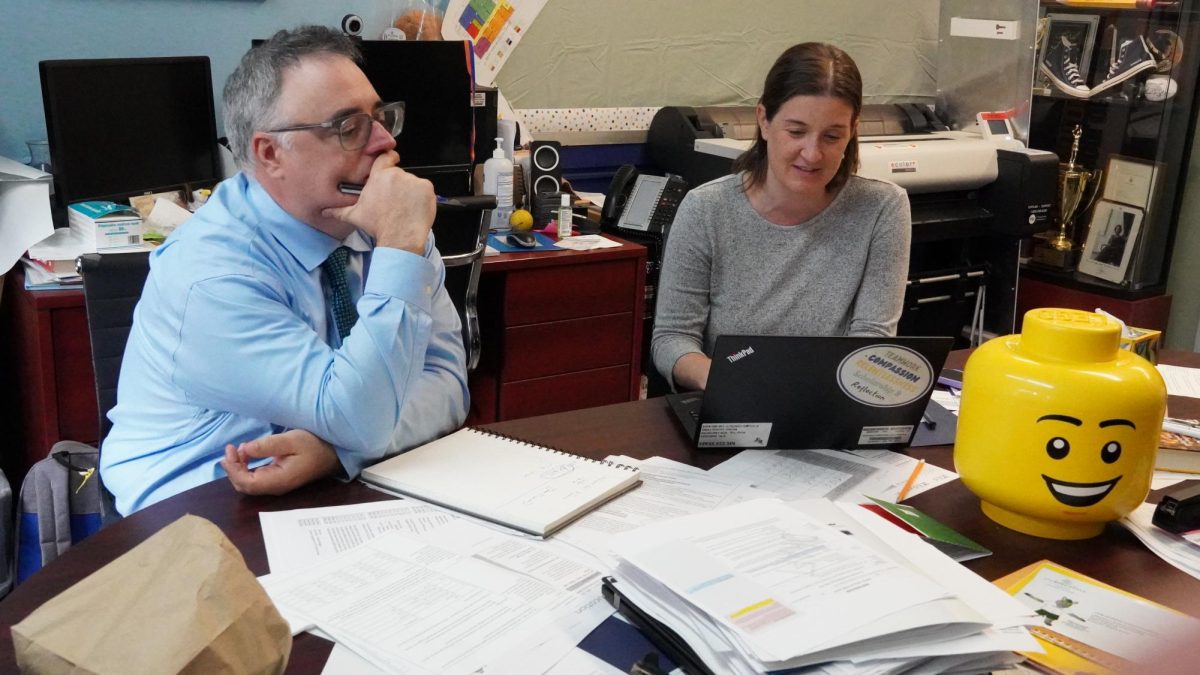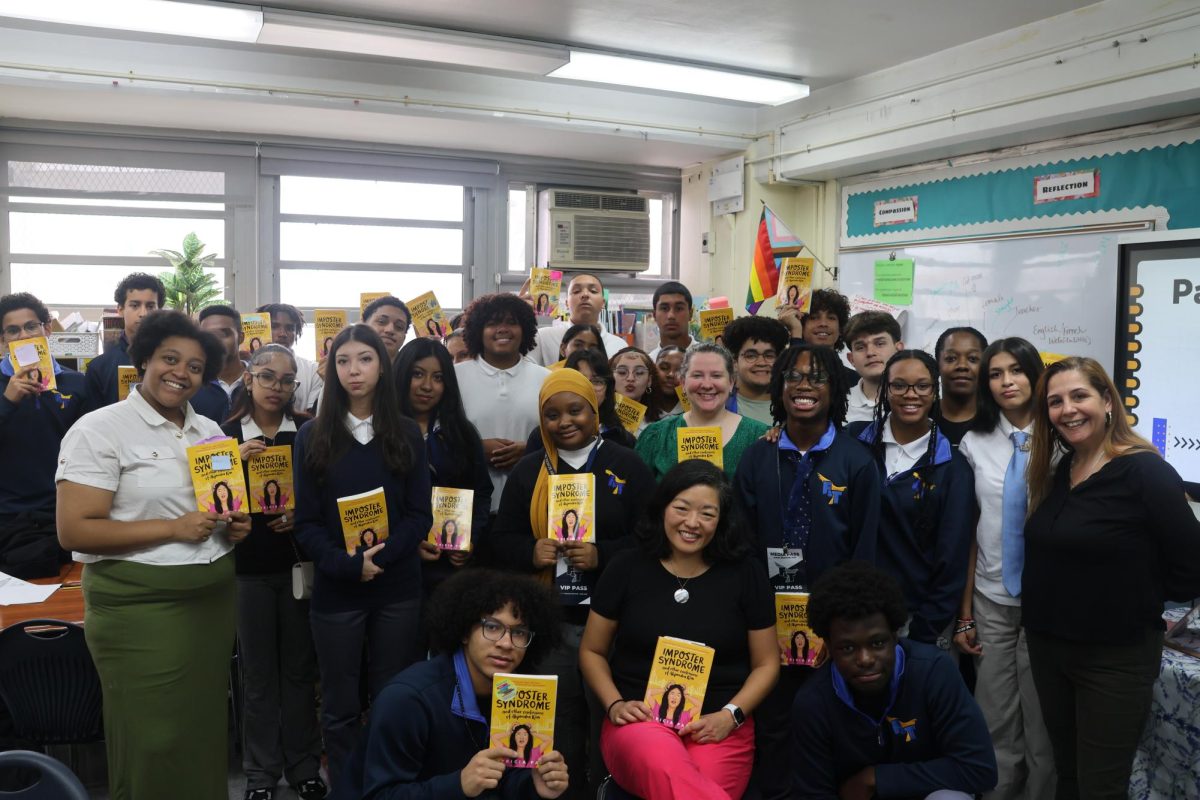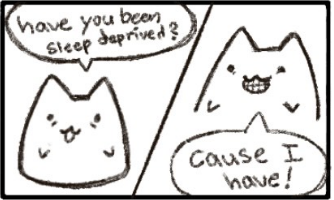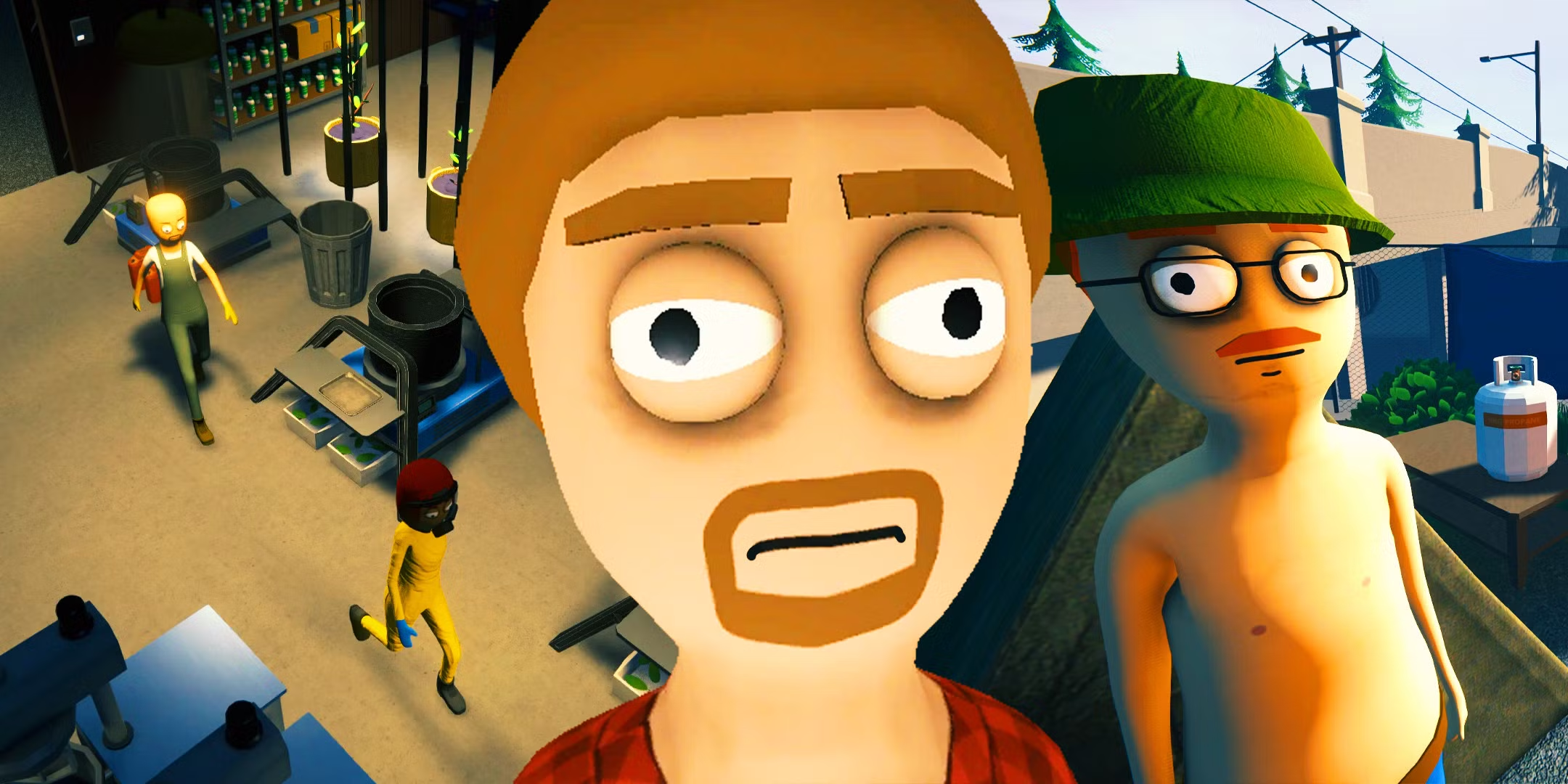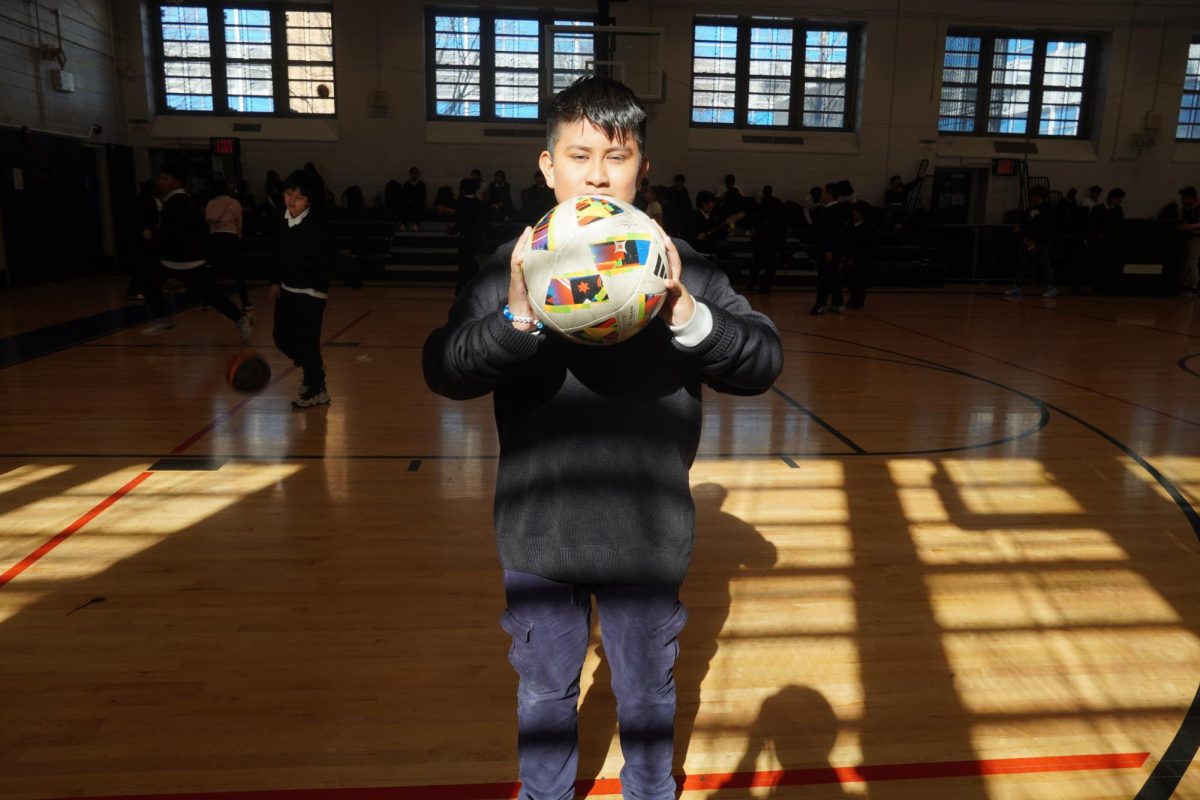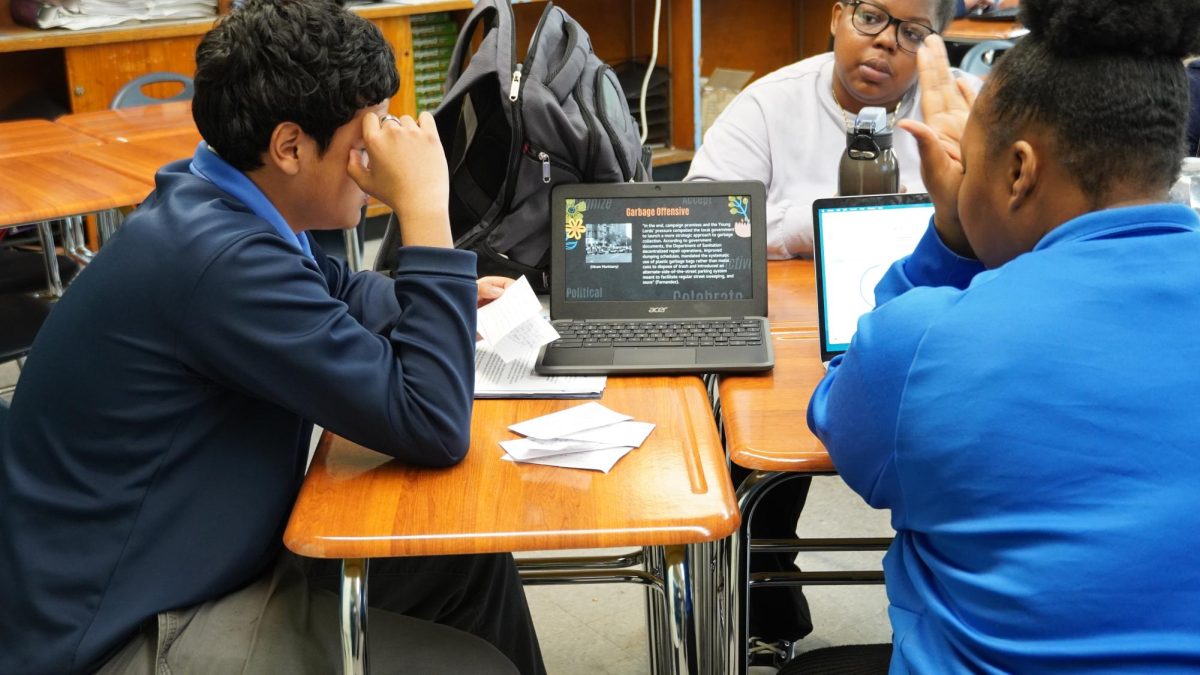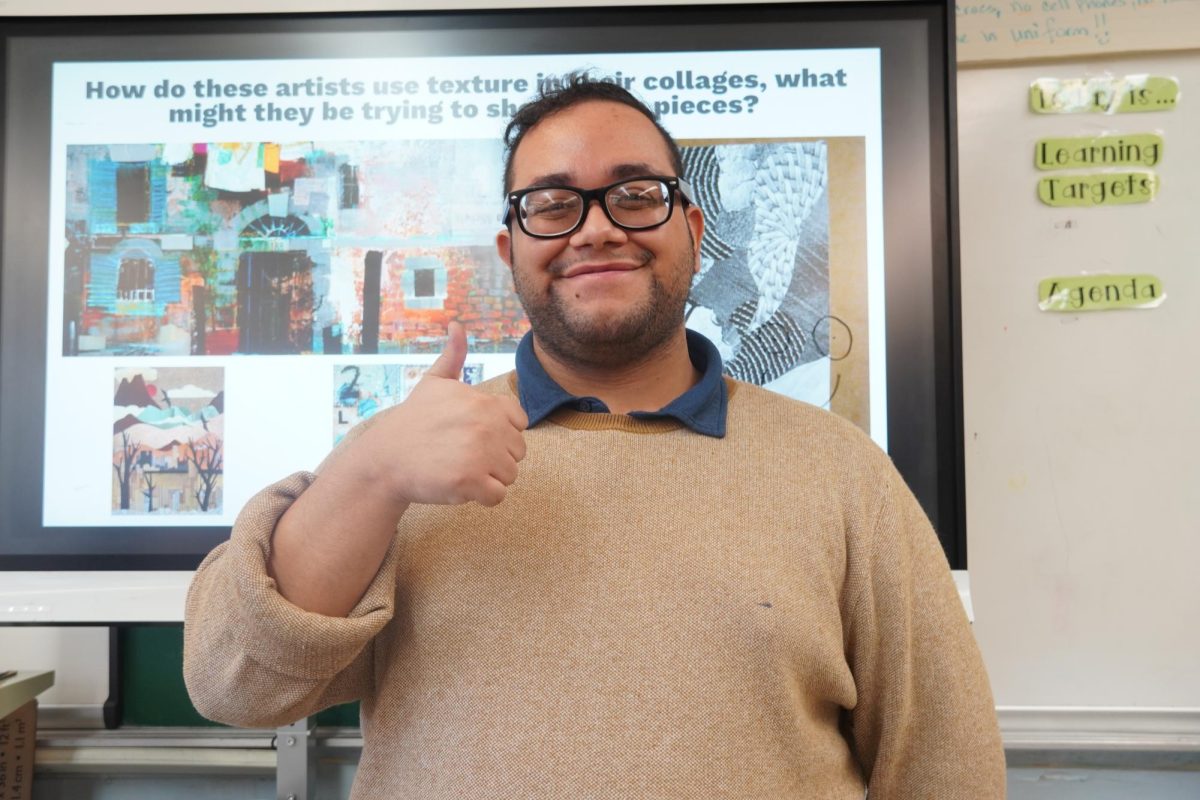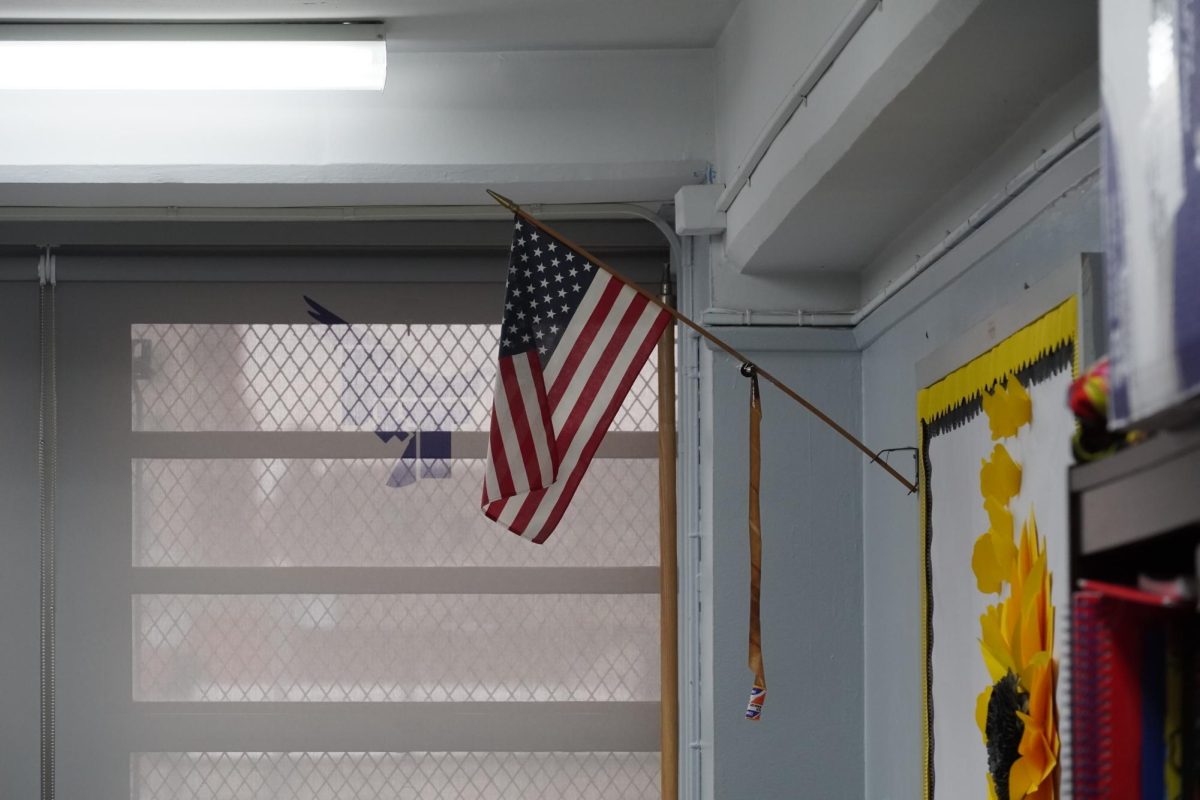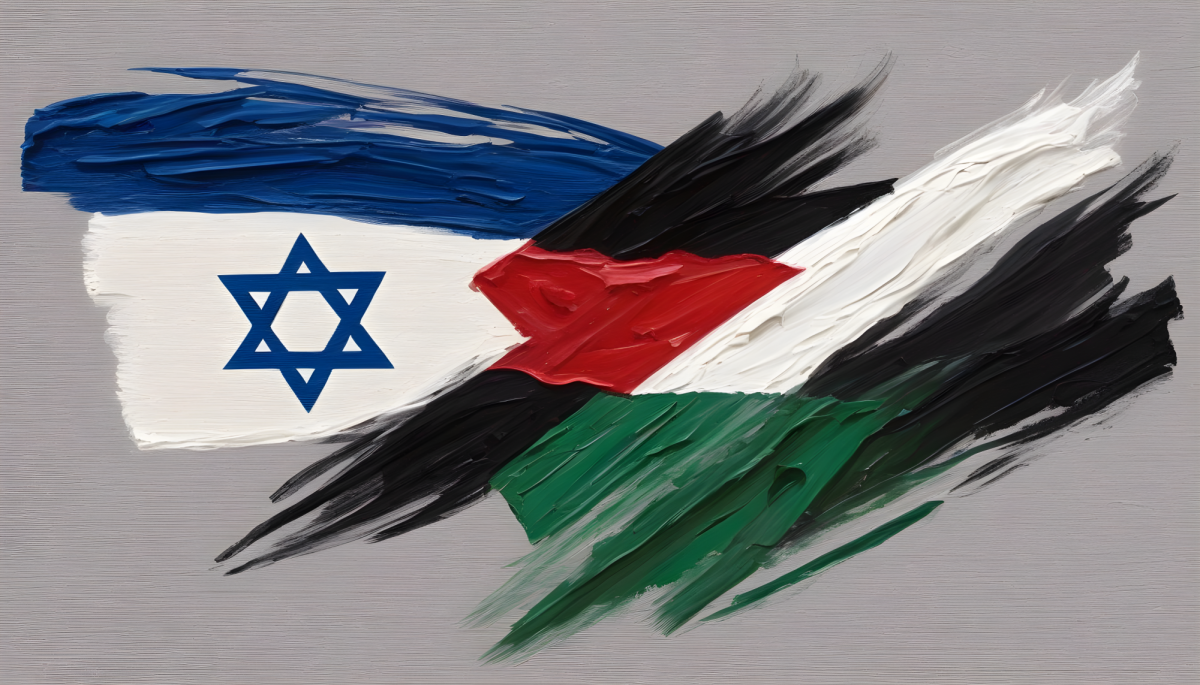The Israeli-Palestinian conflict is a complex and ongoing dispute between Israel and the Palestinian territories in the Middle East – which include the Gaza Strip and the West Bank. It revolves around disputes over land, resources, and political control, with deep historical, religious, and cultural roots on both sides. This conflict has led to violence, loss of lives, and displacement of people from their homes. Efforts have been made throughout the years to find a peaceful resolution, but it has not yet been achieved. Because lives are on the line and have been for thousands of years, it’s important to approach this topic with empathy, understanding, and a desire for peace.
How did the Israeli-Palestinian War Began? Let’s Dive In!
The Israeli-Palestinian conflict has a complex history that extends beyond 1948. To simplify history, I am only focusing on the history behind the conflict of Israel and Palestine. It dates back to the late 19th and early 2oth centuries when both Jewish and Arab nationalist movements emerged in the region. According to the “British Mandate for Palestine” after World War I, the United Nations, formerly known as the League of Nations, granted Britain a mandate to govern Palestine. The period following World War II saw increased tension, and in 1947, the organization proposed a partition plan aimed at creating separate Jewish and Arab states (Global Conflict Tracker). Israel declared independence in 1948, leading to a war with neighboring Arab countries and causing the displacement of hundreds of thousands of Palestinians. Subsequent conflicts, negotiations, and peace agreements have continued to shape the ongoing struggle for resolution and peace in the region.
What’s the latest in the Israeli-Palestinian War? Exploring Recent Developments and Ongoing Tensions
In more recent times, the Israeli-Palestinian conflict has witnessed several significant developments. One notable event was the Oslo Accords in the 1990s, which aimed to establish peace and a framework for Palestinian self-governance. However, subsequent negotiations faced challenges, and the conflict endured. Ongoing tension, including disputes over land, settlements, and security, have hindered progress towards the resolution. Efforts for peace, such as the Camp David Summit in 2000 and the Annapolis Conference in 2007, have faltered.
According to Wikipedia, the “2023 Israel-Hamas war,” Hamas led an attack that began in the morning of 7 October 2023, as Palestinian militants in Gaza launched a barrage of over 5, 000 rockets against Israeli cities. Over 1, 000 Israeli civilians were killed. Hamas declared that the invasion was carried out in response to the “desecration of the Al-Aqsa mosque,” the Gaza strip blockade, the construction of Israeli settlements, and Israeli settler violence against Palestinians in the West Bank. Israel declared a state of war on 8 October 2023 against Hamas as it was characterized “terrorism.”
Today, the conflict remains unresolved, with occasional outbreaks of violence between both sides and genocide in Gaza. According to ABC News, Palestinian authorities reported at least 2,329 people have been killed and another 9,714 have been injured in Gaza due to Israeli retaliatory attacks. Despite the ongoing genocide and challenges people are facing, international efforts and negotiations are persistently trying to find a peaceful solution to end this devasting conflict.
How Does the Israeli-Palestinian War Affect People’s Lives? Exploring the Humanitarian and Human Rights
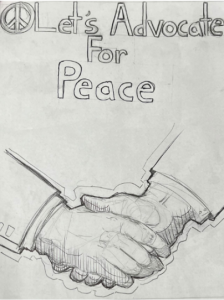
It’s crucial to shed light on the humanitarian and human rights aspects of the Israeli-Palestinian conflict. The conflict has resulted in record breaking casualties, displacement, and limited access to basic necessities like; food, water, and shelter from the Palestinians, all of these are controlled by the Israelis in which they have control over Gaza and the people. Humanitarian aid organizations like UNICEF play a vital role in providing assistance and support to those affected by the conflict, striving to alleviate their suffering and improve their living conditions. The Israeli-Palestinian conflict affects people on both sides. Not only that, Egypt remains reluctant to welcome Palestinians seeking to flee Gaza as Israel prepares retailtory offensive against Hamas (Council Foreign Relations). They are refusing to allow Humanitarian aid into their country. Palestinians have trouble getting things like clean water and jobs because of the conflict, and they often feel unsafe due to military actions. Israelis also face threats and the stress of living in a place with an ongoing conflict. It’s important to understand that both Israelis and Palestinians have their own challenges, and we should work towards peace and ensuring the rights of everyone involved.
All in all, the Israeli-Palestinian conflict remains an enduring challenge with its deep historical roots. To understand it, it is necessary to have empathy for both groups affected by the conflict and recognize its impact on their lives. We should remain hopeful that one day a peaceful resolution will be achieved where all their citizens can wake up without fear consuming their days, weeks, months and years, as it has for many years.
Most importantly, It has become important for us to support efforts that promote understanding, resilience, and cooperation in hopes of tackling misinformation and biased perspectives.
At the end of the day, this is one of the many issues that lack a clear “side.”



